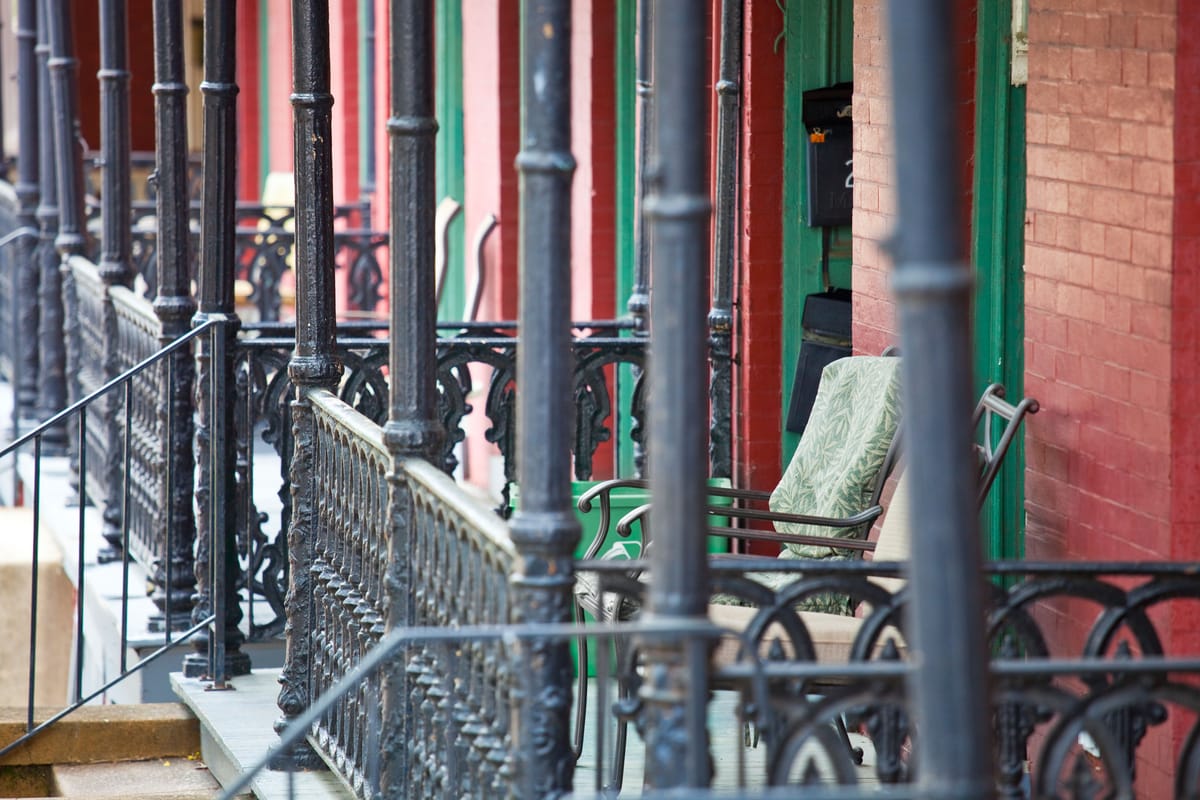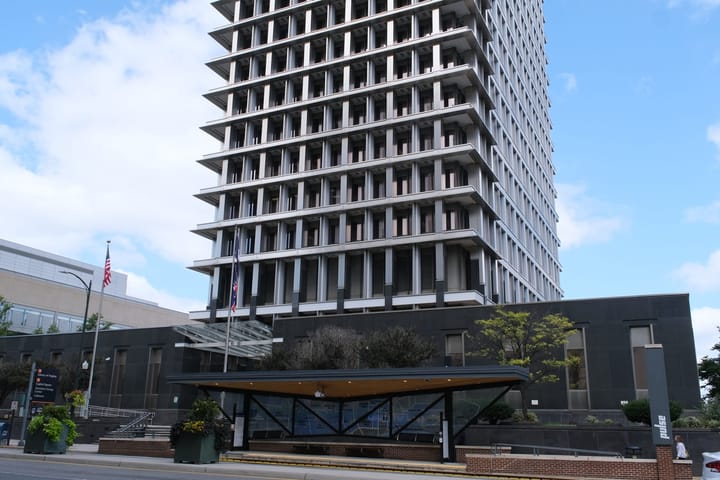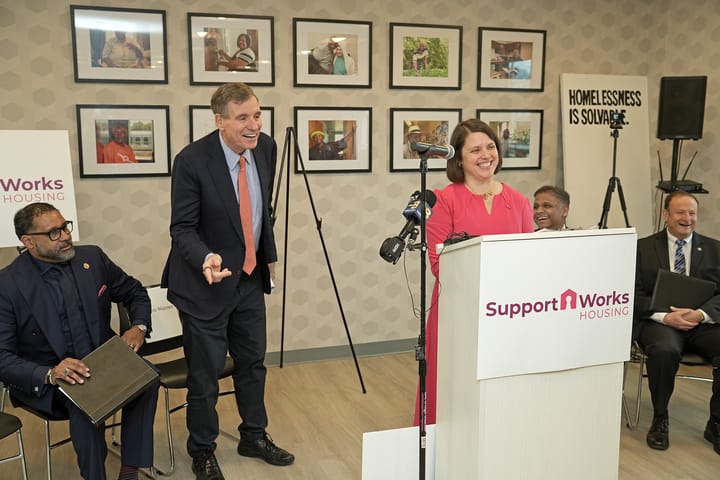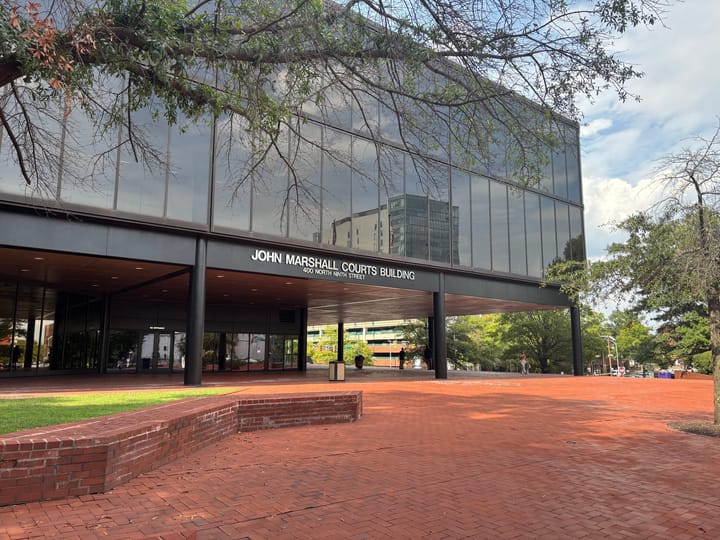
Richmond’s Board of Zoning Appeals wants to hear more from neighborhood associations
They never call anymore. And they never write.
Lately, local civic associations have been notably silent when it comes to working with the local Board of Zoning Appeals, said several members of the body Wednesday, who lamented the lack of insight from neighborhood representatives when the board considers whether property owners should get permission to deviate from zoning requirements.
“In the past, the Fan District Association responded to virtually everything. So did Church Hill. So did Westhampton Civic Association,” said Board Chair Rodney Poole, who said he was considering writing a letter to numerous groups citywide urging them to weigh in on more proposals. “But we’re not seeing that as much.”
Board member Susan Sadid said it would “be really helpful if somehow our board could communicate to the community groups the importance of getting the word out to the residents [about] what we do and what’s coming up.”
“We rely heavily on these neighborhood associations to communicate directly with the residents,” she said.
Roy Benbow, the board’s secretary, floated the possibility that the neighborhood associations have been quieter lately because the city zoning office has made a concerted effort in recent years to crack down on violations.
“The neighborhoods were much more active because of all the illegal activities that were going on in the neighborhood,” he said.
He pointed to the Fan as an example, saying that once the city “started eliminating these illegal uses, they were replaced with single family dwellings that were rehabilitated.”
“That just spread and the property values just went through the ceiling,” he continued. “But you had to get rid of the bad actors first, and once those bad actors were gone, the neighborhoods have not been as active.”
One other potential factor depressing engagement: confusion about what role the Board of Zoning Appeals plays compared to the Planning Commission and City Council.
“To be honest, I’m not real certain what the purpose of this board is,” said Brenda Meredith, a Richmond resident who turned out to offer her comments on one case on Oakwood Avenue in Church Hill, during Wednesday’s meeting.
The Richmonder is powered by your donations. For just $9.99 a month, you can join the 1,000+ donors who are keeping quality local journalism alive in Richmond.
While both the Board of Zoning Appeals and the City Council, through a process involving the Planning Commission, hear cases related to plans that fall outside of what zoning requirements allow, state and city code assign different types of cases to each. Special use permits needing City Council approval tend to draw the most attention, but neighborhood feeling can run high even for lower-profile projects.
State law gives zoning appeals boards the power “to hear and decide appeals” from any decision made by an administrative officer (typically the zoning administrator). They also have the power to consider any variance — or “reasonable deviation” — from the rules governing the shape or size of a lot or building and to consider cases where there is uncertainty about where the boundary of a zoning district falls.
City code and the city charter give the board additional powers to grant certain special exceptions. However, state code is clear that under no circumstances does the board have the power to rezone property.
If a proposal falls outside of those guidelines, a property owner or developer “will need either a rezoning or special use permit through Planning Commission and City Council,” said Michael Hinkle, a spokesperson for the city.
Contact Reporter Sarah Vogelsong at svogelsong@richmonder.org






